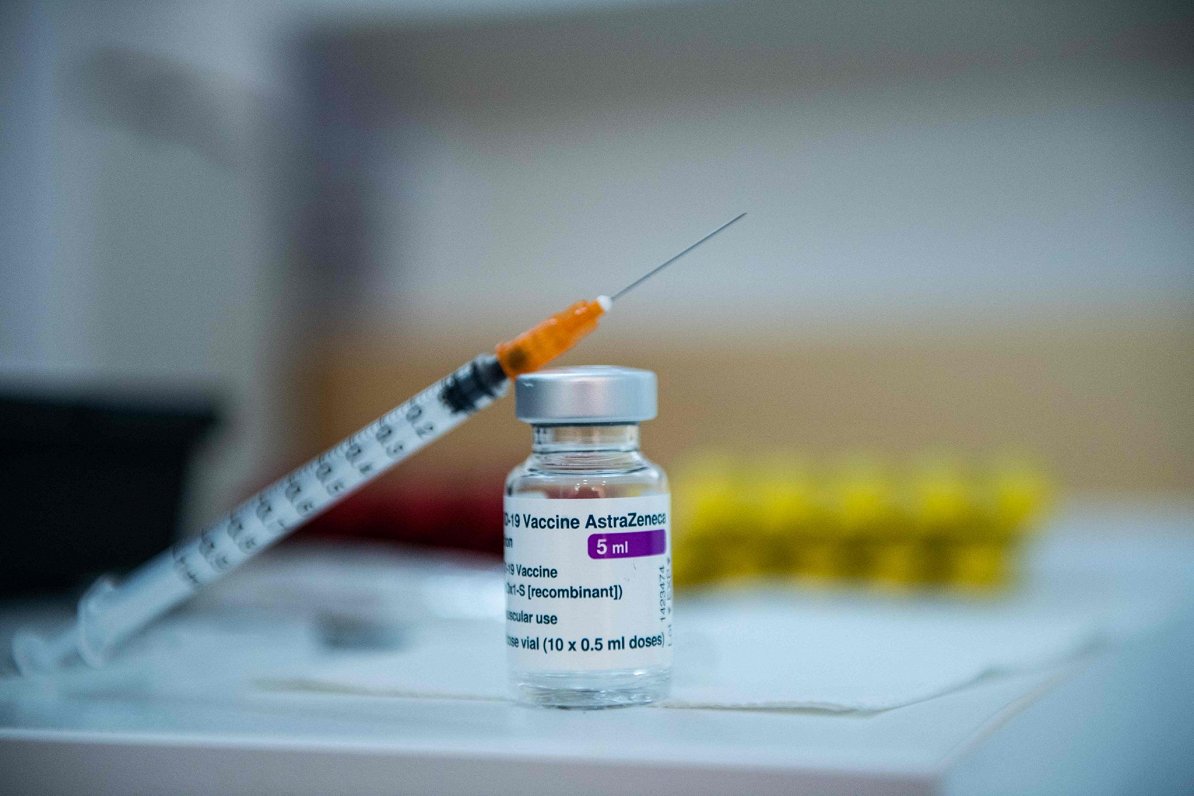As reported by LSM, Latvia followed several other European countries in temporarily halting the use of AstraZeneca vaccines against Covid-19 due to reports of cases of following thromboembolism in Europe. The World Health Organization has said that there is no evidence on a causal link between the vaccine and the reported health issues, but the matter is currently under investigation.
Following the suspension of AstraZeneca vaccines, vaccination rates in Latvia will decrease, since AstraZeneca is currently available in the largest volume of all producer vaccines. Next deliveries with 16,800 doses of Moderna vaccine and 1,100 doses of Pfizer/BioNTech vaccine are scheduled over the weekend.
“We do not intend to discard any unused “AstraZeneca” vaccines delivered to Latvia until the decision of the European Medicines Agency and the assessment of the adverse reactions identified in Europe are known,” Henkuzens said. In total, more than 10,000 doses of AstraZeneca vaccine are in storage units in Latvia.
Latvia will not refuse any supply and will keep vaccines that will continue to be delivered during this evaluation period, Henkuzens said.
The assessment is expected to take one or two weeks. For people who were scheduled to have their first AstraZeneca shot at this time, vaccination will have to be delayed.
Officials didn't explain what would happen to people who received the first dose of AstraZeneca if the European medicines supervisor recommended not to use the vaccine anymore.
State Council of Immunization chair Dace Zavadska said there is currently no evidence that different vaccines can be mixed within one vaccination course. But if the worst-case scenario happens with AstraZeneca, “there are other virus vector vaccines that could soon appear”.
In Latvia, the first batch of AstraZeneca was delivered on February 7 and vaccination started in the coming days. The second dose of vaccine is recommended after 9 to 12 weeks, accordingly, people should start receiving the second dose around April 8. According to studies, the first jab guarantees protection against Covid-19 for about 90 days, which is then declining, said Zavadska.
She also pointed out that there would be no reason to allow people to choose a specific vaccine, stressing that all registered vaccines prevent severe illness and hospitalization and there is no medical basis to choose or recommend that one vaccine be used or not.





























